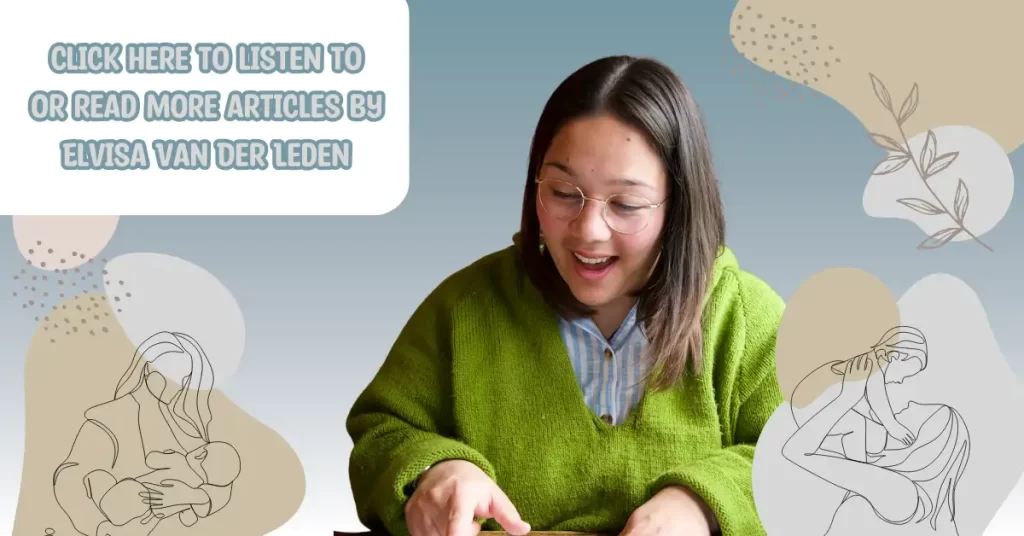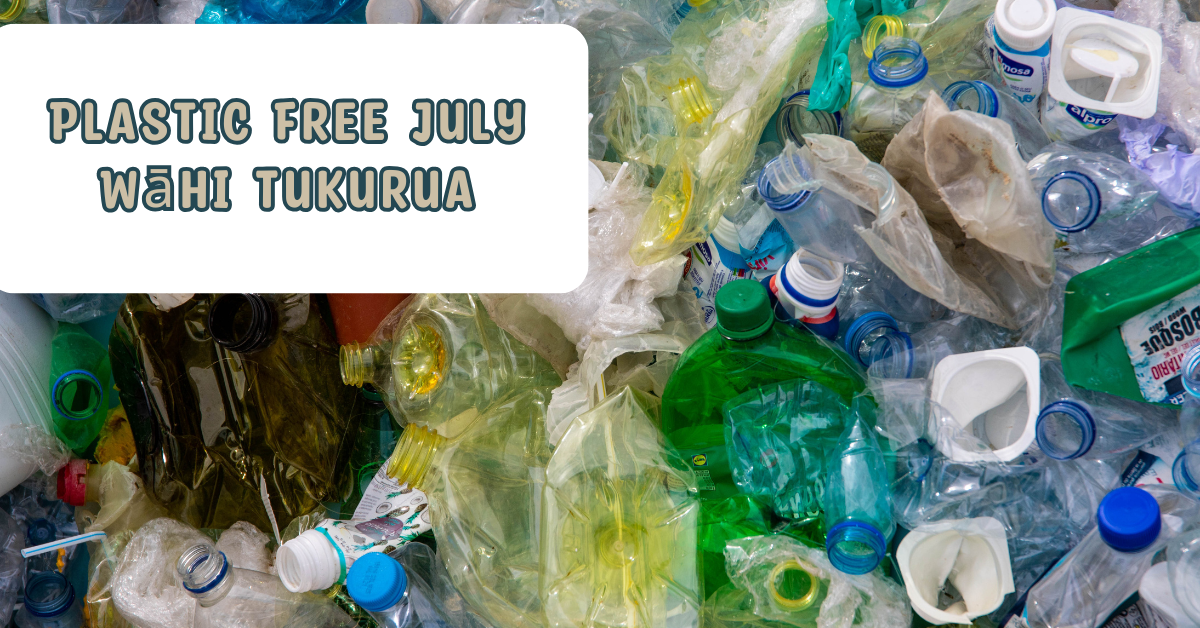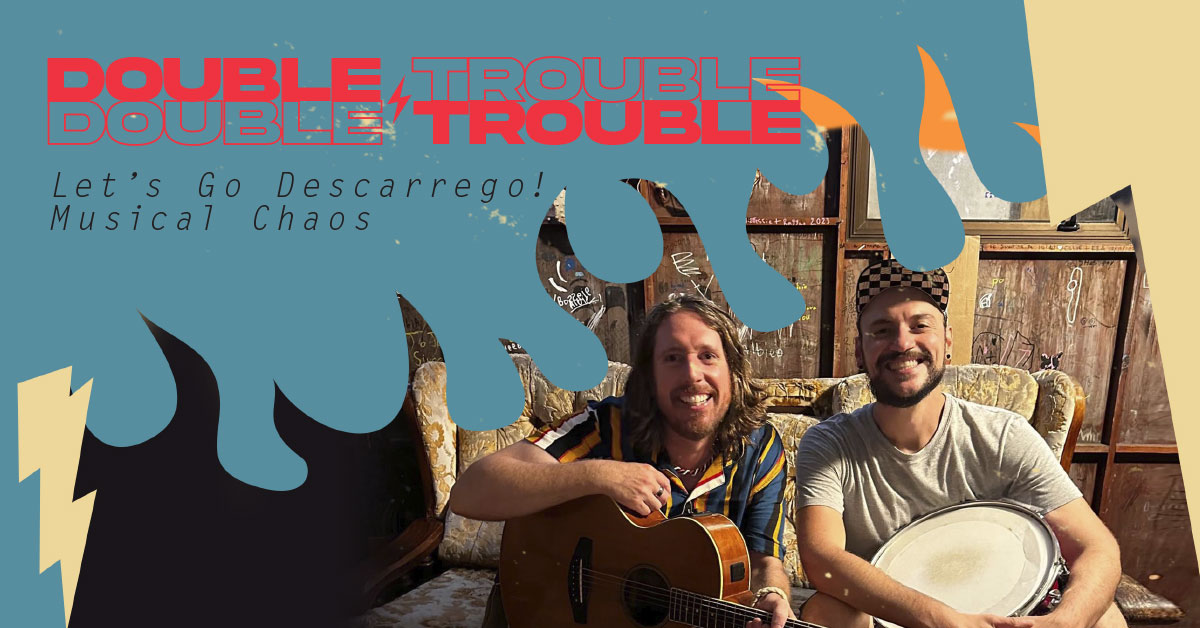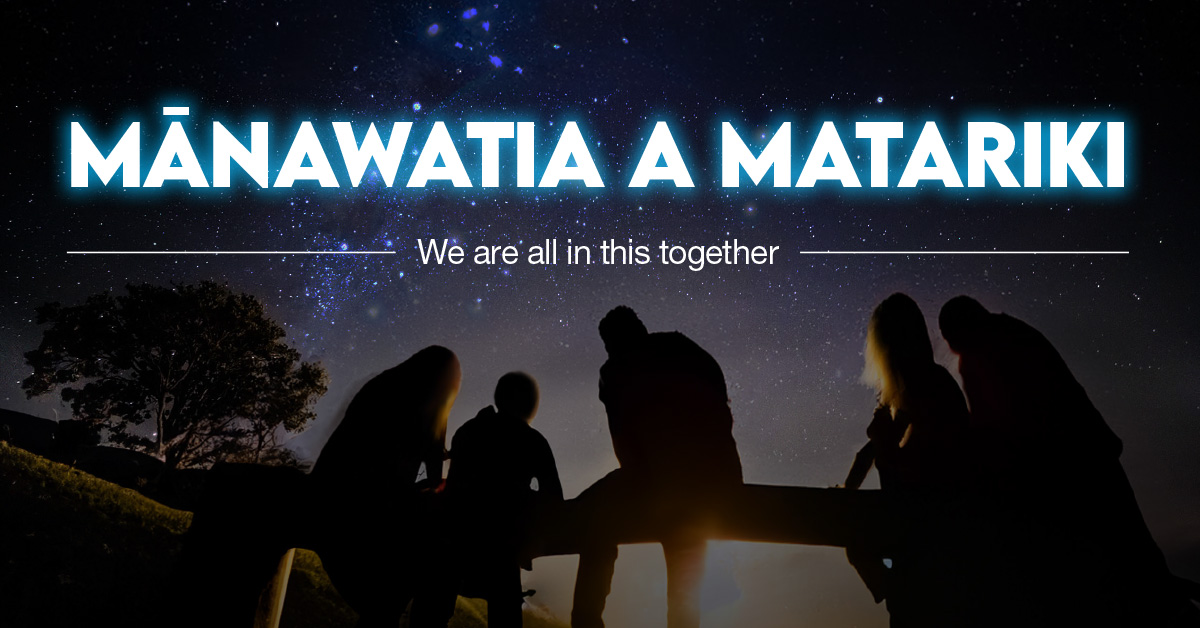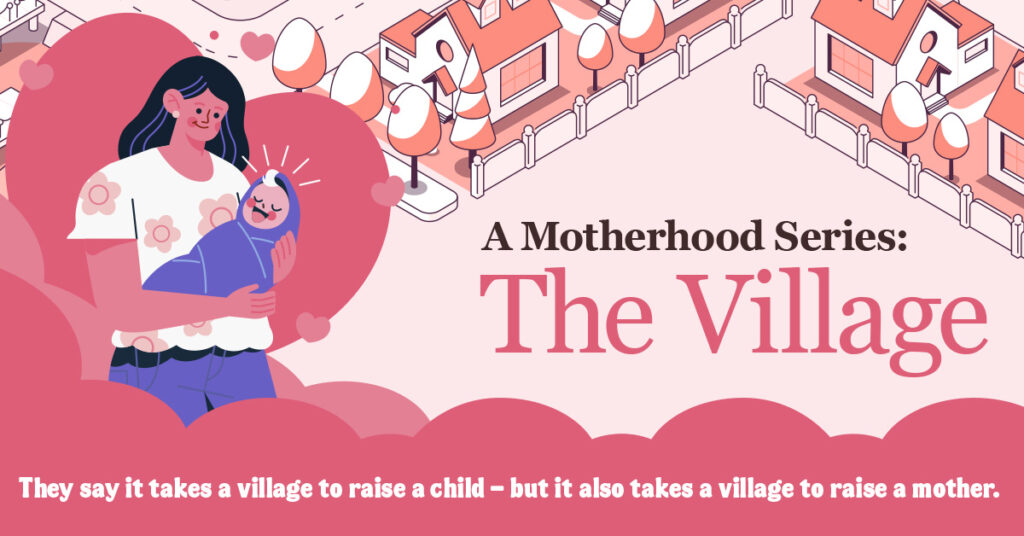
From the moment she discovers she is pregnant to the day her child leaves the nest, it is the community surrounding the family unit that supports and guides them.
From antenatal courses to schools and sports clubs, there are various avenues by which a community comes together to support each other. But while some like me are lucky enough to have a keen family help us as we tread water in the newborn trenches, not everyone is fortunate enough to receive that vital support.
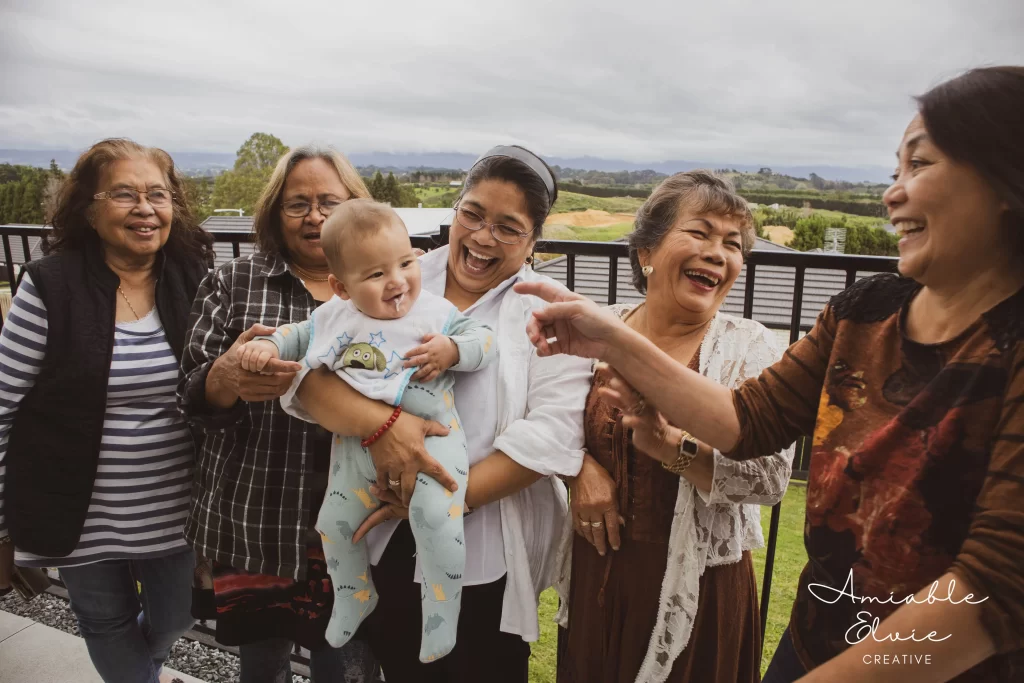
For a while I felt guilty for not better supporting my mum friends before I had my own. I just had no idea how hard it really is. While we had no family living in New Plymouth when Ra was born, both our parents spent the first week with us and our community filled our chest freezer with kai which relieved the stress of cooking. Now that I know better, I try to pay it forward by sending some kind of food support to new-mum friends while they’re in the trenches of newborn life. Whether it’s pizza, DeliverEasy, UberEats or a mail delivery food box, that’s at least one meal they won’t have to stress about during such an exhausting time.
We are very lucky here in Aotearoa NZ where we are entitled to 26 weeks of paid parental leave, birthing at a hospital or birthing unit is free, and we have postnatal services like Plunket and Family Start. But it’s not always easy for a tired new mum to find a community to reconnect with. Some great ways to connect with other mums include baby play or reading sessions at the local library, baby swim classes and parent walking or coffee groups. These activities can help uplift our mental wellbeing and prevent or treat PPD. A few months after Ra was born, I joined a Trails and Tots tramping group in Taranaki which helped me feel connected again, kick started my fitness and reduced my PPD. After having Mu in Tokoroa, there were no parent walking groups around so I started a Facebook group called South Waikato Seedling Strollers. Took a while for anyone to show up to the walks but we now have at least five regular mamas and bubbas walking around the local lake together a couple times a week!
I think it’s safe to say that, generally speaking, our modern societal ‘village’ is somewhat dysfunctional when it comes to supporting brand new parents. Sometimes it’s hard to know how to support a new parent if you haven’t been one yourself and even for family, it can feel like walking on eggshells if you’re not sure where the boundaries are. Dropping off kai, offering a hand with housework (not just holding the baby), lending a listening ear without judgement or watching the baby for an hour while mum catches up on some sleep – these are just a few things friends and family can offer new parents during those crazy first few weeks. Simply letting your new-parent friends or family know you’re keen to help with anything they might need an extra hand with can be a welcoming comfort. At the other end, we also need to remember that it’s okay to accept help. This can be a challenge for people who are used to being so independent or feel like they owe people for accepting support. As mentioned, I figured out a way to pay it forward as a way to redirect my feelings of needing to pay back those who helped us.
The first chapter of Sapiens by Yuval Noah Harari explains a great theory on how our communication skills evolved through having to collectively raise our prematurely-born children as, unlike other species, we are born without any survival skills. We are a social species and we need connection, support and a sense of purpose and belonging to maintain individual and thus collective wellness. Actively helping others, especially new parents, ticks all of these boxes. And lastly, if you ever visit a new mother at her home, don’t expect her to make you a cup of tea. You make HER a cup of tea … and then do the dishes.
Being the only one in her family to have immigrated from the Philippines to Aotearoa NZ, my mum (middle) is part of a strong Filipino community that supports each other and understands the struggles of being a working immigrant parent.
Words by Elvisa Van Der Leden
